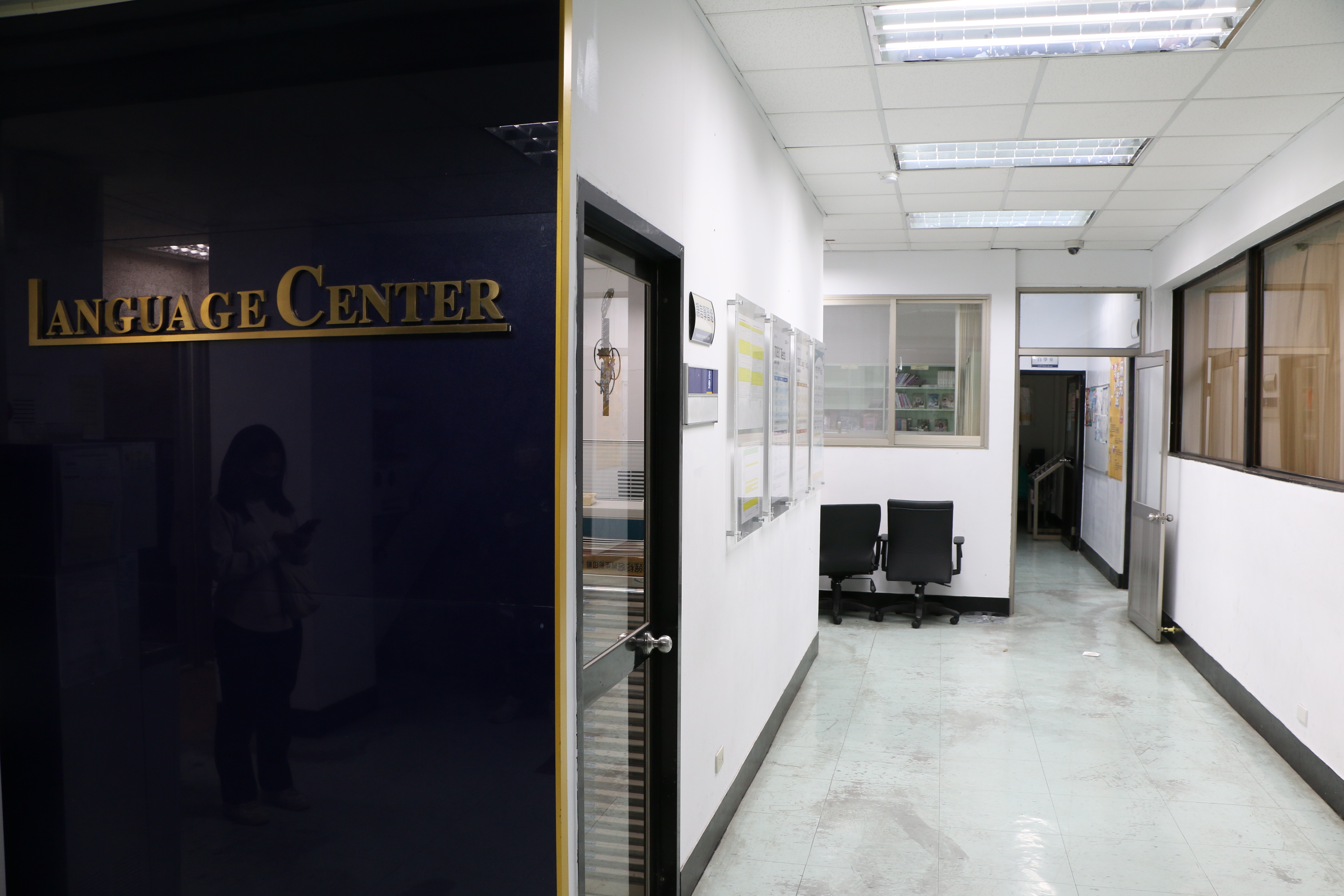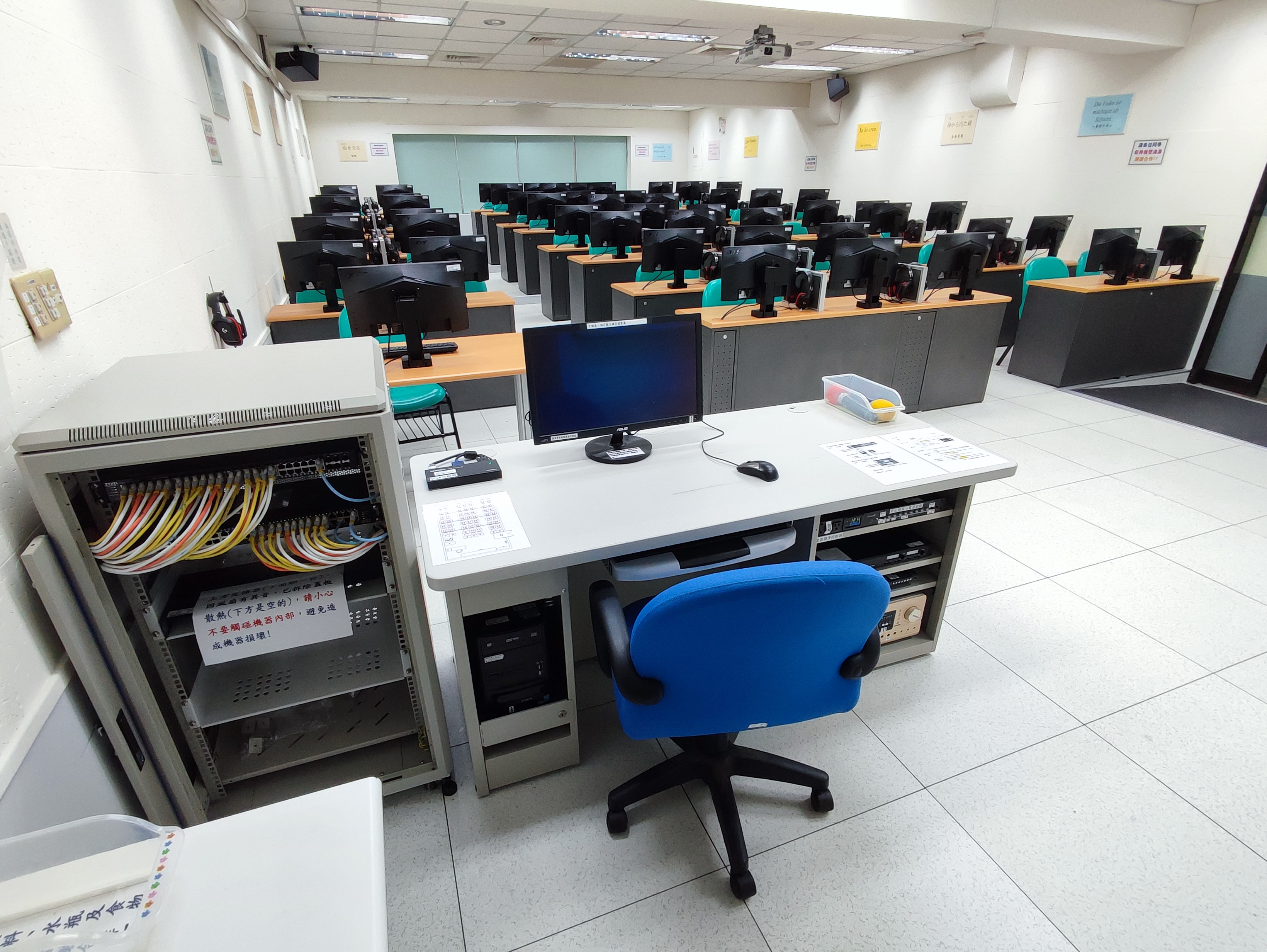Abstract
National Taipei University of Business (NTUB) is the first and oldest college specializing in business and finance in Taiwan. For over a century, we have been committed to the spirit of pragmatism embedded in vocational education. This commitment, wedded to the high-quality business and management courses NTUB offers, has drawn students who are interested in the fields of business and finance in higher education. Faced with the impact of globalization and knowledge-based economy, NTUB, as one of the leading universities in business education, will have to speed up international collaboration on education to stay competitive in the 21st century. In keeping abreast with the trends of global innovation, digital economy and interdisciplinary learning, NTUB is pledged to training talents equipped with global visions and mobility. With the English Medium Instruction (EMI) project launched in 2021, which encompassed the five dimensions of “Courses,” “Student Learning,” “Teacher Support,” “Teaching Resources,” and “Administration” (creating bilingual learning environmental on campus), NTUB aims to increase students’ English competency for better employability.
Courses: NTUB started to offer EMI courses in 2021. With the collaboration of all departments and programs, there were 34 EMI courses in that year alone, and the number continued to grow exponentially. Master’s Program on Law and Negotiation for Global Trade at NTUB began offering EMI curriculum in 2017, and this initiative laid the foundations for EMI courses university wide. NTUB also conducted the schemes of course evaluations and teaching assistants questionnaires to better understand the support teachers require, difficulties students face, and training teaching assistants need.
Student Learning: NTUB organized a series of twenty-six talks on learning English, and participants amounted to 607. To motivate students, the talks featured both linguistic experts and influencers in different fields. For instance, one speaker taught students English through exposing them to a virtual tour of North American culture. Other speakers offered equally dynamic talks on language learning and culture. In addition, apart from English for Academic Purposes (EAP) courses, TOEIC preparation courses, and oral training sessions, we organized a workshop in which a tech company taught teachers and students alike how to incorporate AR into language learning. The participants learned to take advantage of the AR technology to design and create teaching materials. The diverse and useful talks and workshops received positive responses from students. Furthermore, NTUB collaborated with universities in Germany and Japan to host international online courses and events. Via English conversations, games, presentations on different cultures and other activities, students were able to broaden their horizons. Through these international experiences, students realized the importance to improve English speaking skills.
This project founded a training group of EMI teaching assistants (TAs). Participants included 15 TAs for EMI courses, and TA trainees took part in both language learning talks for students and more professional talks to empower teachers so that they would know the challenges faced by teachers in class and learn to offer necessary assistance to the teachers.
Teacher Support: In 2021, ten of our teachers attended Cambridge EMI Skills courses, and they will receive their certificates before February 2023. In addition, we organized seven talks and workshops to help teachers with the knowledge and skills of teaching EMI courses. There were 244 participants, and topics included teaching-assisted smart technology, EMI online international forum, bilingual and EMI teaching strategies, and EMI teaching experiences. By inviting local and international scholars to share their insights and advice, we aim to increase our teachers’ EMI pedagogical skills and ease their anxieties.
Teaching Resources: NTUB purchased online English vocabulary learning software so our students have access to online learning activities at their convenience. We also acquired Versant, with which students will practice the four skills of listening, speaking, reading, and writing. In addition to the learning apps, we used the funding of this project to improve our language labs to offer our students and teachers a better learning environment.
Administration: In 2021, NTUB and Medicine Hat College in Canada signed a collaboration agreement. We continue to promote student exchange programs and overseas enrollment to push ahead with international academic interactions and cooperation. At the same time, NTUB is committed to acquiring AACSB (Association to Advance Collegiate Schools of Business) accreditation and building bilingual campus.
With the aim to facilitate EMI teaching on campus, NTUB established EMI Committee composed of fourteen members, two of whom are Distinguished Professor Ting-Chia Hsu from National Taiwan Normal University and Associate Professor Rae Lan from National Taipei University. The two external members helped to evaluate the outcomes of our EMI project by offering valuable feedback on how to adjust our future EMI curriculum and language learning events. NTUB plans to increase more diverse and interactive learning resources to strengthen students English skills. If the budget for professional development is available, we will consider sending teachers overseas for EMI training and subsidizing students for short-term exchange programs. Furthermore, English courses for administrative faculty will be offered to improve their communication skills as part of creating bilingual campus. Finally, NTUB is setting up a multimedia support team which provides teachers with video optimizations, subtitles, and other digital assistance. This multimedia and digital effort reduce teachers’ burden and offer students access to self-motivated learning.
As the EMI project was launched in 2021, NTUB is making progress in offering EMI courses and providing language learning events. Teacher support includes the double-payment incentive, EMI certificate training program, teaching assistants, and EMI talks and workshops. For students, we offer not only language training courses and activities but also self-learning apps to maximize their access to learning English. By taking into account advice from our EMI teachers and committee members, NTUB will develop a more flexible way in the hope of realizing the goal of “Implementation of EMI Teaching Makes a Bilingual University.”

